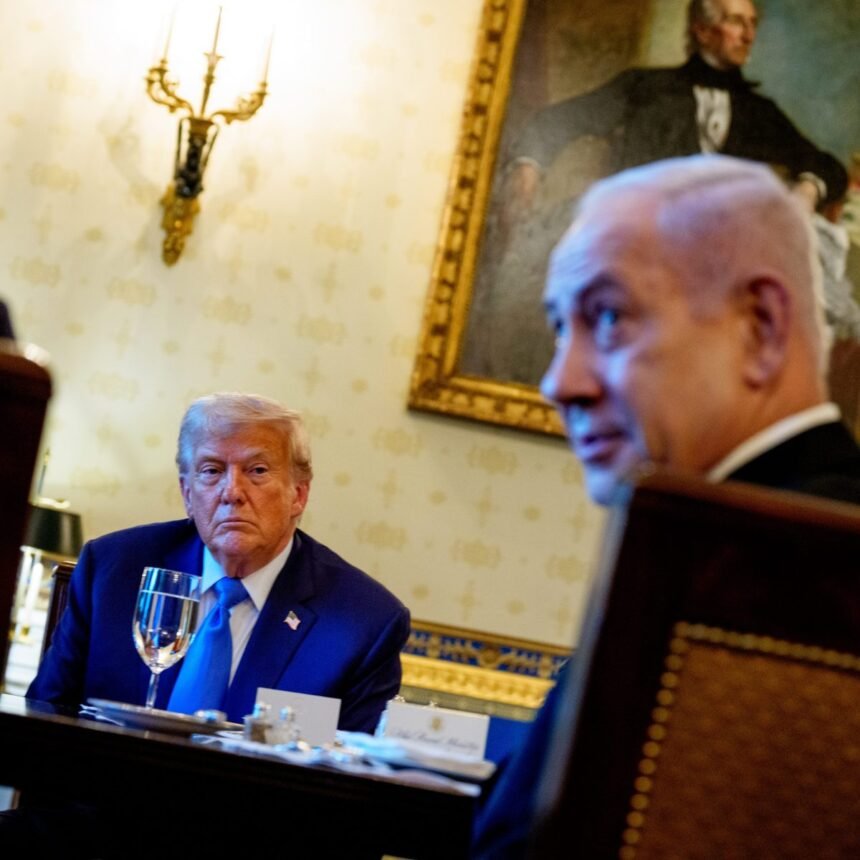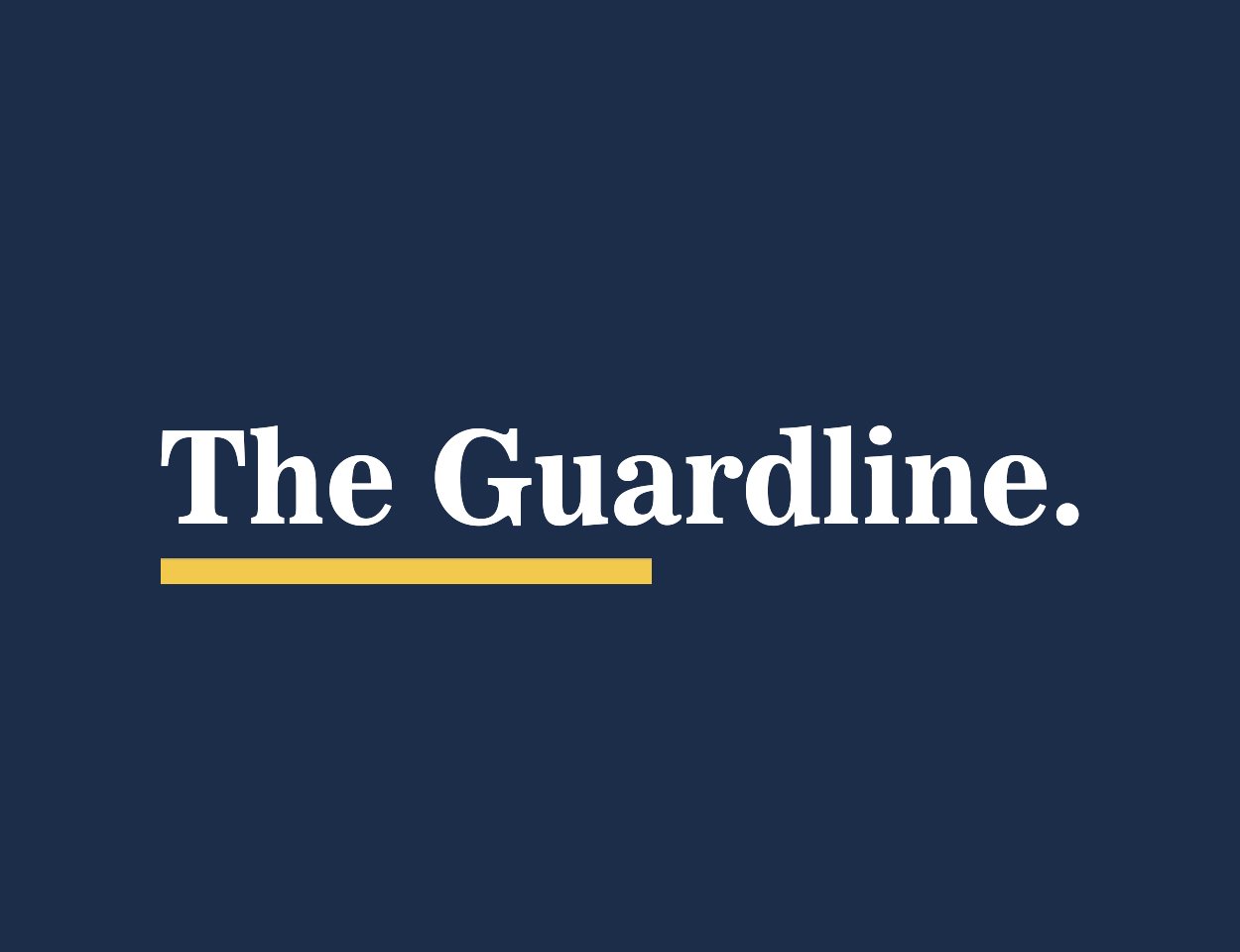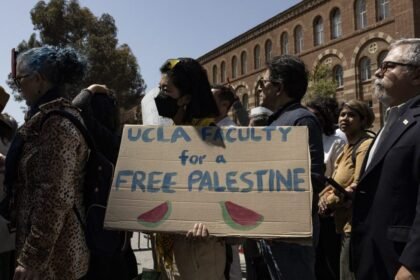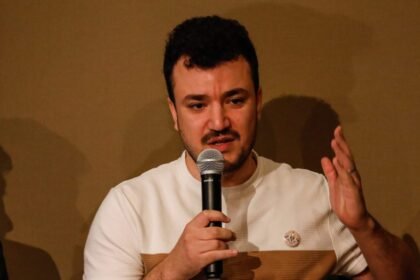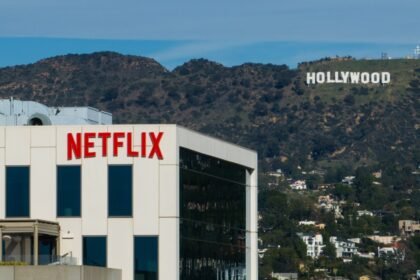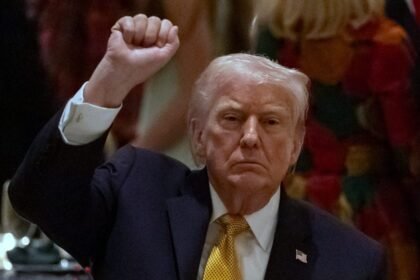The Guardline
Sarah Leah Whitson is the executive director of DAWN.
For decades, the Treasury Department has politicized its authority to impose sanctions. Now, however, with the Trump administration sanctioning three Palestinian human rights organizations, civil society activists around the world are shocked and terrified: Could they be next?
The alarm is due to the brazen willingness of President Donald Trump to sanction the staff of these Palestinian groups specifically because of their advocacy with the International Criminal Court to hold Israeli war criminals accountable.
It’s the first time the U.S. has levied sanctions against an organization specifically for its efforts to use lawful, peaceful tools of advocacy in pursuit of legal accountability. There is no pretense other than the groups’ work on legal issues that the administration doesn’t like.
Trump has global civil society directly in the crosshairs.
Copying another page from the authoritarian playbook, Trump now has global civil society directly in the crosshairs of the U.S. government’s legal, financial, and criminal arsenals. The next disfavored issue, these groups fear, could be climate change, arms control, or reproductive rights — virtually anything.
To justify its recent sanctions against Al Haq, Al Mezan Center for Human Rights, and the Palestinian Center for Human Rights, the Treasury announcement said the groups “directly engaged in efforts by the International Criminal Court (ICC) to investigate, arrest, detain, or prosecute Israeli nationals.”
The only other sanction the U.S. ever imposed on a human rights organization was earlier this year against Addameer, a Palestinian group that the Trump administration claimed was linked to the Popular Front for the Liberation of Palestine, a U.S.-designated terrorist organization.
Blocking Accountability
Trump has gone far out of his way to shield Israel from any form of judicial accountability for its atrocities in Gaza, illegal occupation, and apartheid rule.
The sanctions on the Palestinian organizations follow extensive attacks and threats against the ICC itself, including sanctions against the ICC prosecutor who secured the arrest warrants against Israeli Prime Minister Benjamin Netanyahu and former Defense Minister Yoav Gallant. Later, four of the judges who approved the warrants were also sanctioned.
The new Treasury sanctions also follow lockstep with Israel’s near-identical sanctions against human rights groups and activists. On June 30, Israel imposed sanctions on Al Haq Europe, Law for Palestine, the Hind Rajab Foundation, Lawyers for Palestinian Human Rights, and DAWN, where I am the executive director. Additionally, Israel targeted individual staffs of these organizations, myself included.
As with the U.S., Israel explained these moves as punishment for the work these groups did with the ICC’s Palestine prosecution.
Both the Israeli and U.S. sanctions clearly violate the Rome Statute, the treaty that established and governs the ICC. Article 70 of the treaty prohibits obstruction of justice, and the sanctions by Israel and the U.S. are seeking to interfere with the court’s prosecution.
For Americans caught up in the sanctions, there are also First Amendment issues. The sanctions could chill protected speech, advocacy, or engagement by hanging “material support” charges over the heads of those who would work with the ICC or the sanctioned Palestinian organizations. Federal courts have already concluded that this chilling effect can take place, issuing preliminary injunctions in two cases in favor of plaintiffs who argued the sanctions had impinged on their free speech rights.
Short of a judicial ruling overturning the sanctions entirely, however, Americans will remain in fear of prosecution simply for talking to the court or these organizations.
All for Israel
The effectively unregulated ability of the U.S. to deploy its powerful sanctions arsenal has now moved beyond the usual grounds of terrorism, human rights abuses, or violation of U.S. laws or other sanctions to include anything the Trump administration disfavors.
There’s nothing to stop this administration from seeking to sanction any other organization in the world for pursuing advocacy odds with Trump’s worldview.
The Biden administration’s feeble effort to reform America’s gargantuan global sanctions regime, which it critiqued as an overused “tool of first resort,” ended up producing a seven-page report and zero concrete action.
Secretary of State Marco Rubio and congressional Republicans have made no secret of their aim to crush pro-Palestine activism with every tool available. Immigrant students were the first targets, swept into deportation proceedings for their speech about Palestine.
Now, the administration and its allies are pursuing more concrete moves. Last week, Rep. Brian Mast, R-Fla., introduced a bill that would allow the secretary of state to revoke the passports of Americans they accuse of giving material support to a terrorist group.
The passport bill followed a narrowly defeated effort to include a provision in Trump’s “One Big Beautiful Bill Act” that would allow the Treasury Department to strip nonprofit organizations of their tax-exempt status merely by accusing them of supporting terrorism.
Efforts to quash Israel’s prosecution at the ICC with these sanctions may seem less dangerous than U.S. military and financial support for Israel’s genocide in Gaza, efforts to annex the West Bank, and military attacks against seven other countries in the Middle East. And the sanctions may be less consequential than the unprecedented attack on academic freedom by punishing universities for speech critical of Israel.
What the sanctions do, though, is open up an entirely new front for the Trump administration’s global attack on civil society around the world — all in defense of Israel.
